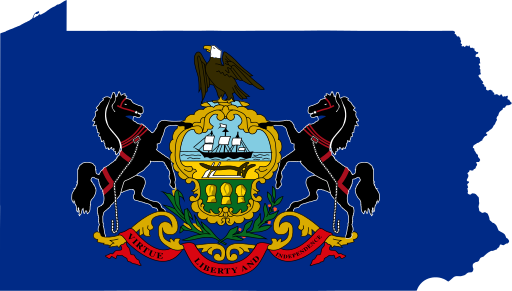On July 17, 2024, Pennsylvania State Reps. Donna Bullock (D) and Stephen Kinsey (D) resigned from the chamber. Both did so to take jobs outside of politics. The resignations meant that Republicans have 101 members in the chamber to Democrats' 100.
Democrats will retain a majority in the chamber, however, due to a rule passed in June 2023. The rule defined the majority party as “the political party that won the greater number of elections for the 203 seats in the House of Representatives in the general election preceding the term of service that began on the first day of December next after the general election.” Democrats won a 102-101 majority in the November 2022 elections, making them the majority party under the rule.
Immediately following the election, one death and two departures to assume higher office gave Republicans a functional 101-99 majority until February 2023 special elections could take place.
As a result, the chamber elected Mark Rozzi (D) as speaker as a compromise, with all 99 Democrats and 16 Republicans selecting him over Carl Metzgar (R), who received 85 votes. Rozzi said he would not caucus with Democrats and would operate independently.
Following those February 2023 special elections, Rozzi stepped down so that Joanna McClinton (D) could be elected speaker. She became speaker on a 102-101 party-line vote on February 28.
The majority Democrats won in the House in the 2022 elections was their first since 2010. Republicans won a 112-91 majority during the first midterm election under President Barack Obama (D), with the majority increasing to a high point of 121 seats in the 2016 elections.
Pennsylvania is currently under divided government, with a Democratic governor, a Republican-majority state senate, and a Democratic-majority state house. Since 2000, Pennsylvania has been a Republican trifecta for seven years (2000-2002 and 2011-2014) and a divided government the rest of the time. Across the country, there are 23 Republican trifectas, 17 Democratic trifectas, and 10 divided governments.
Across the United States, there are 99 state legislative chambers (Nebraska has a unicameral legislature). Of those, Republicans hold a majority in 56, Democrats hold a majority in 41, and two chambers (both in Alaska) are organized under a multipartisan, power-sharing coalition.



